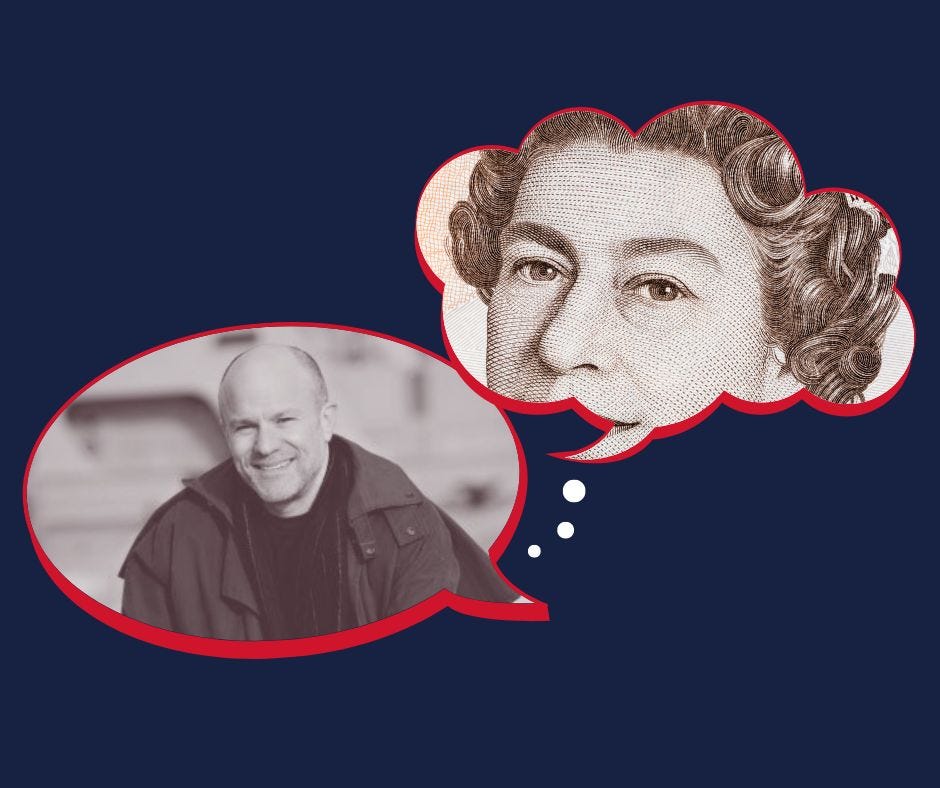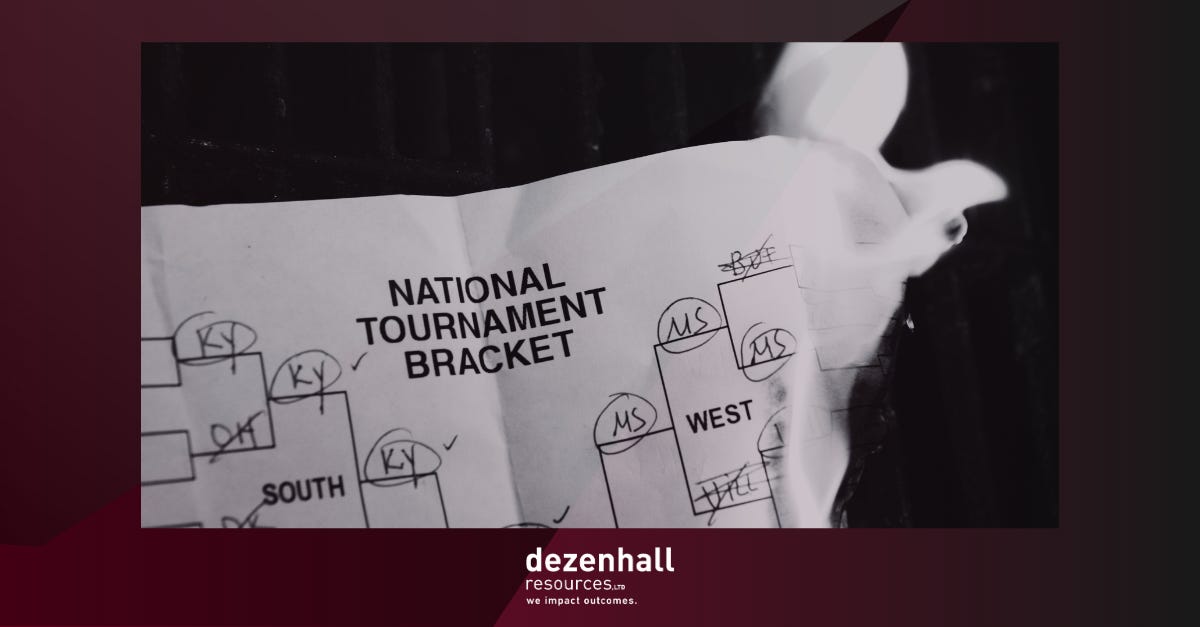The Queen of Crisis Management
One of my favorite mental parlor games is war-gaming what it would be like to have certain institutions and people as crisis management clients. I confess to having had several thought-bubble exchanges with Queen Elizabeth II to these ends, which probably looks peculiar when I’m driving.
I based my side of the dialogue on how I have advised clients over a nearly four-decade career, including some real-life brushes with royalty. I based the Queen’s side of the discussion on her proven actions over an extraordinary century of life.

The Queen of my private dialogues made for my favorite — but least lucrative — kind of client. Favorite because she understood the laws of the universe, especially her limitations, despite what would have been assumed to be her power (In the world of Glass Jaw, those we think have the most power actually have the least). Least lucrative because the problem with advising clients who know their business better than their advisors is that such engagements don’t last very long. The Queen knew that despite what the highest-priced consultants might tell her, you cannot control public opinion; you can only control what you do.
Accordingly, the Queen took a less-is-more approach to spin. She never gave a real interview during her seventy-year reign and rarely responded to pressure to perform public relations stunts in response to external catalysts if she believed their objective was to alter the views of a public that didn’t wish to be spun.
The best leaders know their audience better than their advisors. They know that service providers are selling programs that often benefit their purses more than they do their clients. The Queen always knew she was playing a long and ancient game and that there would always be short-term eruptions she would be unable to quell. In our imaginary discussions, she conveyed this after Princess Diana’s death: “I knew the grief and outrage would have to go somewhere and that it was my job to absorb that lightning. Perhaps I should have spoken sooner, but I have always known the limits of my rhetoric and felt it unseemly to appear to make something that befell another to be about myself. I also had children to look after. In this case, I will speak, not because I will be able to persuade anyone of anything, but because it has become clear that the people must know I am listening if nothing else.”
Today’s crisis managers are preoccupied with short-term measurements that primarily calibrate the desire of clients to believe that they are mastering things they are not. The Queen’s only measurement was the perpetuation of her institution through periods where the monarchy seemed irrelevant at best or absurd at worst. She succeeded primarily because she always made it about the enterprise, not about her. Nor did she attempt to bend public perceptions for her personal vanity, which is the objective of most in the Kardashian Era, where even good works are pseudo-events for the generation of sales or clicks.
Queen Elizabeth appreciated that to preserve an institution, the appearance of its leader had to have meaning. If everything demands a public appearance, then nothing is important. I think of this whenever I see a corporate Twitter feed projectile-vomiting an insipid, self-congratulatory stream about how much they love, I dunno, sunshine (as opposed to all of those anti-sunshine conglomerates). I also think of this whenever I see a certain grandmother-aged pop star who was quirkily interesting in 1984 posting photos of the crack in her rear-end on Instagram on the swindle that she is pushing some artistic boundary.
The aim of crisis management is endurance, not winning “likes.” The Queen understood this. It will be interesting to see how King Charles III manages the downsizing of the monarchy, as he must. He surely knows that his task is one of endurance as well.
And then there is the younger generation who has social media, that device of nanosecond narcissism. How will they use it? Will the new Prince and Princess of Wales bombard their subjects with a never-ending stream of drivel, or will they conserve their greatest asset: A sense that they are different from the rest of us, i.e., less desperate? So far, these understated kids seem to have the hang of it.
We can indeed find fault with Queen Elizabeth’s reign if we wish to, but one thing she cannot be accused of is squandering the monarchy to desperation, the province of Hollywood and social media, which may work for generating clicks and likes, but isn’t the right cocktail for engendering anything lasting.
I’m looking forward to seeing what her descendants have learned from her.


